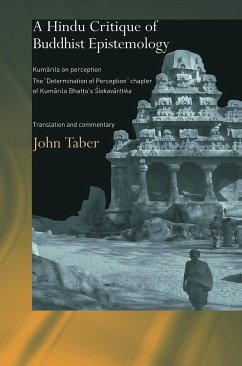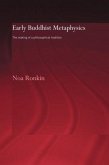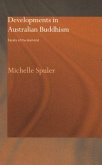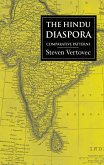This is a translation of the chapter on perception of Kumarilabhatta's magnum opus, the Slokavarttika, one of the central texts of the Hindu response to the criticism of the logical-epistemological school of Buddhist thought. In an extensive commentary, the author explains the course of the argument from verse to verse and alludes to other theories of classical Indian philosophy and other technical matters. Notes to the translation and commentary go further into the historical and philosophical background of Kumarila's ideas. The book provides an introduction to the history and the development of Indian epistemology, a synopsis of Kumarila's work and an analysis of its argument.
Hinweis: Dieser Artikel kann nur an eine deutsche Lieferadresse ausgeliefert werden.
Hinweis: Dieser Artikel kann nur an eine deutsche Lieferadresse ausgeliefert werden.








